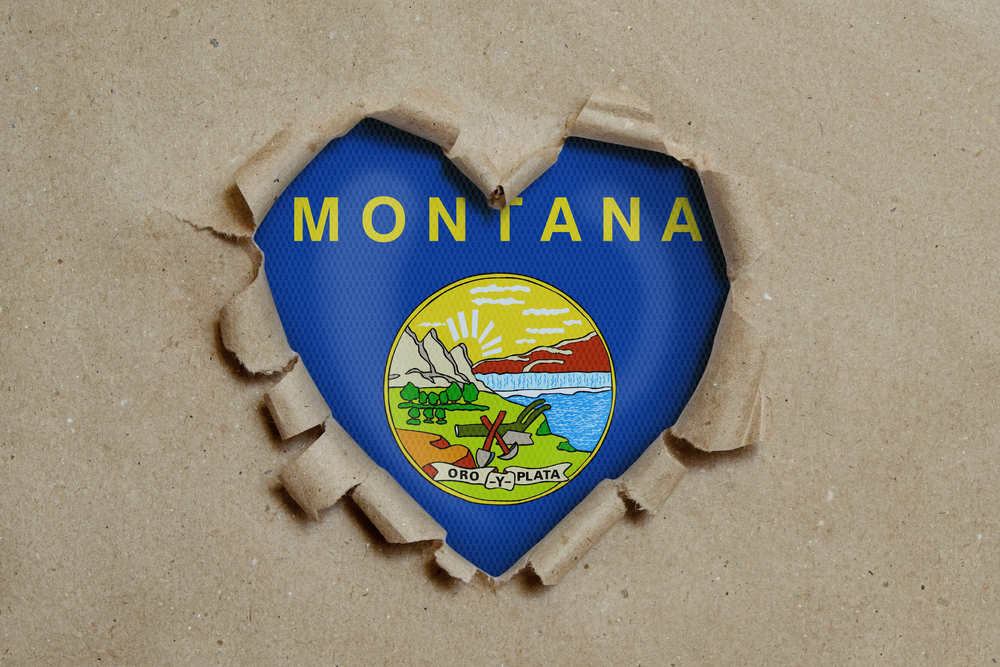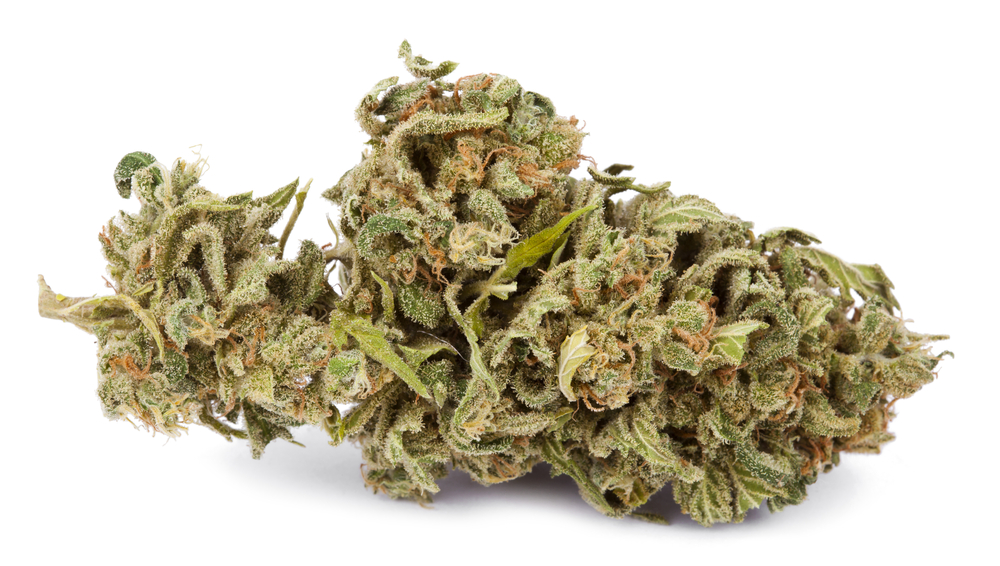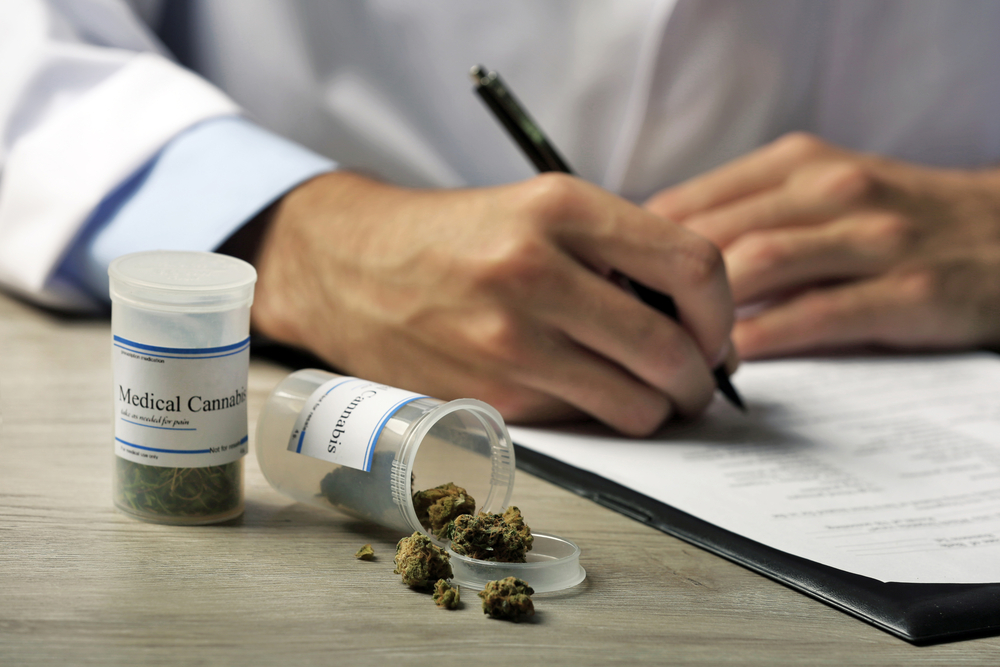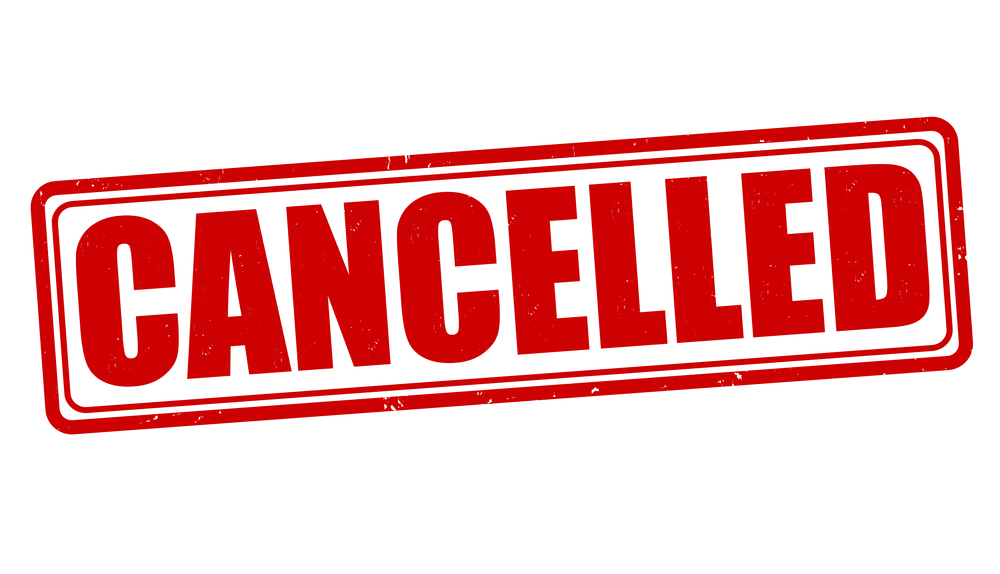
In the 2020 election, many states were deciding important questions. For Montana, one of the issues for voters to review was the legalization of adult-use or recreational cannabis. That means access to adults over the age of 21 years without a Montana medical card.
Industry experts gave I-190, the state initiative to legalize adult-use, a slim chance of passing, despite what the polls said. However, in this case, the polls were wrong, and voters approved it. Three hundred forty-one thousand thirty-seven votes legalized Adult-use cannabis in Montana in favor, or 56.90% of the vote.
Legalized adult-use cannabis will go into effect on January 1, 2021. That is when the Montana Department of Revenue will start accepting applications from existing medical dispensaries. Medical cannabis dispensaries will be given one-year to apply for the extended business license. After January 1, 2022, other businesses not yet operating in the state will be able to apply.
The passing of Initiative I-190 was also a win for decriminalization in the state. The initiative authorized that anyone serving a current personal-use marijuana sentence would be resentenced. Or they would have their conviction expunged. The expungement applications will be reviewed on an individual basis to determine whether the charge qualifies as a non-violent, personal-use, and non-manufacturing or distribution offense.
There are costs associated with applying for your medical card. First, you must schedule an appointment with a certified practitioner for a health evaluation. That cost can range anywhere from $129 to almost $300, depending on the physician you choose.
After undergoing the health evaluation, patients will receive a doctor’s recommendation, or they will not. The review of your health history is a critical factor in getting approval. Do you have formally diagnosed health conditions? Are they one of the qualifying health conditions outlined by the Montana Medical Marijuana Program? If the answer is ‘yes’ to both questions, the patient moves on to the application and registration process.
Not everyone who gets approval or recommendation from a physician will get a Montana medical card. Some patients are rejected, and there is a process to reapply or appeal. It may be hard to believe, but every single application is reviewed individually. Reviewers look for any red flags regarding the safety of cannabis for your medical condition or symptoms. If the health authority agrees with the practitioner’s recommendation, they will issue you a medical card.

If adult-use is now legalized in Montana, why would you want to get your medical card? We will take a look at some of the benefits of getting a Montana medical marijuana card. We will also provide the steps you need to take to apply for your Montana medical card.
Since adult-use (recreational) just passed in the state, the tax rate laws for non-medical cannabis sales can be changed before January 1, 2021. On the Initiative I-190, anyone over the age of twenty-one (21) years will be able to possess up to one ounce of cannabis legally. Subsequently, residents will also be able to grow their marijuana at home.
There are three strong reasons to consider getting your Montana medical card instead of opting for recreational:
a) Adult-use cannabis is going to be taxed in Montana at a high rate. Initiative I-190 stated that all marijuana and marijuana-infused products would be subject to a tax of 20% on the retail price.
b) Adults aged 18-20 years will not be able to access legalized cannabis. If they have a qualifying health condition, they can apply to become a registered patient without parental approval.
c) Patients who have health conditions would benefit from guidance and a treatment plan for medical marijuana. The referring or recommending practitioner can work with the patient to monitor changes in symptoms and provide advice. This is especially important for patients taking prescription medications that may be affected or contraindicated with cannabis.
The 20% tax on nonmedical marijuana will primarily go to the Montana state general fund. However, there will be dedicated fund accounts for non-profit and public interest programs. The programs that will benefit include veterans’ services, healthcare administration, conservation groups, and substance abuse treatment programs.
The first year that the medical cannabis program was legalized in Montana earned $1.34 million in tax revenues from July 1, 2017, to June 30, 2018. In the first year of the program, sales were taxed at 4% on every purchase. This helped to launch the medical cannabis program. However, in the following year, taxes for medical marijuana were reduced to 2%.
The medical marijuana program in Montana was designed to provide compassionate care for patients. If you have a qualifying health condition, you may be approved for your medical card. While many people think that the application process is complicated, it is straightforward.
Montana legalized telemedicine appointments. That means your health evaluation for your medical card can be done at home. However, there is one catch. The physician must have a known relationship with the patient. That means more than one appointment before you can participate in a telemedicine health evaluation for your medical card.
Even though adult-use cannabis will not require anything more than a valid driver’s license, there are many advantages to getting a medical card. If you are ready to get started, here are the five steps:
In all states that have legalized medical marijuana programs, specific types of diagnoses may qualify a patient. Shouldn’t the criteria for issuing a medical card be up to the physician treating the patient? Some states like Louisiana have moved to that model.
In Montana, however, you have to have one of the following health conditions to apply for your medical card:
Having a qualifying health condition is just the first step. Just because you have one or more of the chronic diseases or symptoms does not automatically mean that you will be issued a medical card. It is still up to the discretion of two approvals. The certified physician reviews your health history and provides a recommendation for medical cannabis. And the state regulators that process the applications.
Montana is one of those states where medical marijuana is reserved for only the most debilitating, life-threatening, or terminal conditions. A requirement that is similar in states where the medical cannabis program is very restricted, like Texas. Montana patients must also demonstrate that the disease is terminal or that it has been a lifelong illness.

Montana has a requirement that the physician has familiarity with the patient. Or that the patient is ‘known’ to the doctor. Only a physician who knows your past health history, current symptoms, and diagnoses can recommend your medical card application.
What this means for patients is more than one visit to the doctor. The good news is that many practitioners in Montana who are certified to evaluate MMJ cards offer a discount. They provide a consultation fee that includes both the preliminary in-person visit, the telemedicine visit, and a follow-up visit as required by law. That satisfies all the safety requirements of the Montana Medical Marijuana Program.
The physician’s letter of recommendation is called the “Physician Statement for a Debilitating Medical Condition,” and there is a separate form for Minors. If you are applying as a guardian caring for a minor or an adult family member who requires assistance, you will have to use it in a different format. Caregivers must also complete a criminal record and background check before being authorized to assist a patient.
Think of getting your medical card almost identical to getting your driver’s license for the first time. You are going to need a few pieces of information and a picture that meets government requirements.
These are the items you will need to submit your application for a Montana MMJ card:
The photograph for your medical card identification has some specific standards. It must be a plain background and light-colored, taken within the last six months, reflecting the patient’s current appearance—no hats, glasses, or sunglasses in the picture. And your facial expression should be neutral in the shot, just like a passport photo.
Did you take a bad photo? Be advised that you may not edit, photoshop, or alter the photo for your application, or it will be declined. And you will have to apply again.
All registered cardholder applicants must visit the Complia Industry Portal. This is a secure website that allows the patient to upload all the relevant information. You will need to provide a method of electronic payment for the $30 patient registration fee.
Patients who have been successfully registered may also opt to grow their cannabis for medicinal use. If you plan to grow your medical cannabis, you will need to indicate that on your registration. However, if you are not going to home-grow, you will need to designate a provider. That means choosing the dispensary nearest to you, as the location where you will get assistance and buy cannabis products.
If you are not a private homeowner and plan to grow your cannabis, you must submit a form to be signed by your current landlord. Tenants must have approval from the landlord in writing as part of the application process when the patient has not designated a provider (dispensary). You have to choose one or the other; you cannot select a provider and home-grow cannabis legally.
Once the application is completed, a temporary card will be issued. This paper card can be downloaded and printed directly from the Complia Industry Portal. And used at a local medical dispensary to buy products.
The issuance of a temporary medical card is to allow patients immediate legal access. However, suppose that the Montana Medical Marijuana Program finds a concern or problem upon review of your application. In that case, the temporary card can be revoked, and a permanent card will not be issued.

The good news? It is really easy to renew your medical marijuana card in Montana. The bad news? If you forget to do it and your card expires, you will have to apply all over again, including the medical health evaluation, new photo, and more.
The Montana Medical Marijuana Program requires that all patients renew their cards thirty-days before the date of expiration. This allows for ample time to process the renewal fee online and issue the new temporary and permanent card.
Legally, the state of Montana is required to issue you a medical card or renew your medical card within thirty-days. So, if you do not get correspondence or your card within that timeframe, call the Montana Medical Marijuana Program directly for assistance.
Patients who have chronic health conditions may prefer to visit a medical dispensary. Many recreational-use dispensaries are crowded. They can be a different experience and not provide the same clinical recommendations that a medical dispensary will.
A medical card in Montana will save you some tax money on every purchase. It will also allow you to get informed suggestions on different types of strains you can try for your symptoms. One of the great things about medical dispensaries is how much time they will take with new patients. And if you have never used cannabis before, that can help patients feel they have the help they need.
Featured Image: panama555 | Deposit Photos
No Information on MarijuanaDoctors.Com should be used to diagnose, treat, prevent or cure any disease or condition. You can view our Full Disclaimer here.